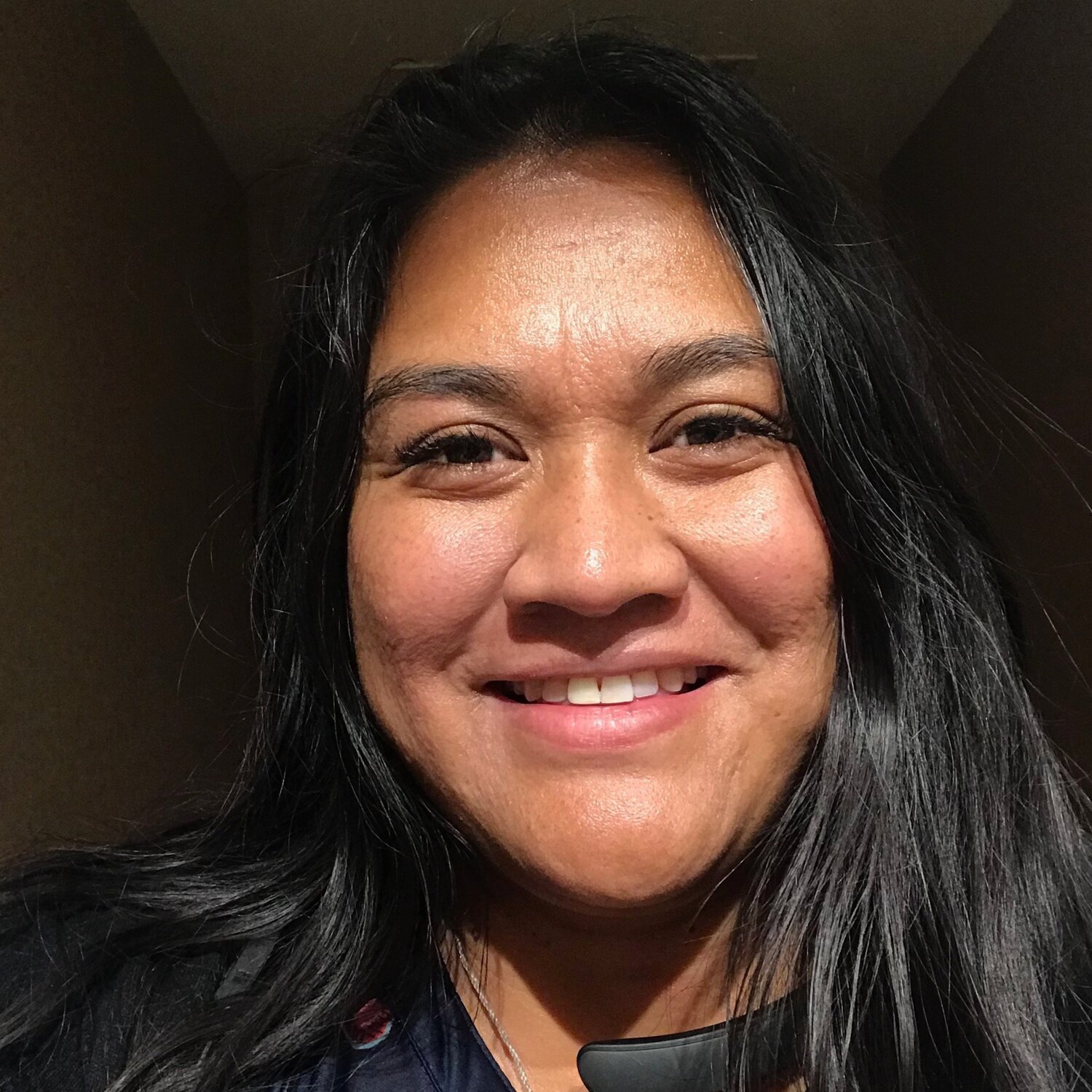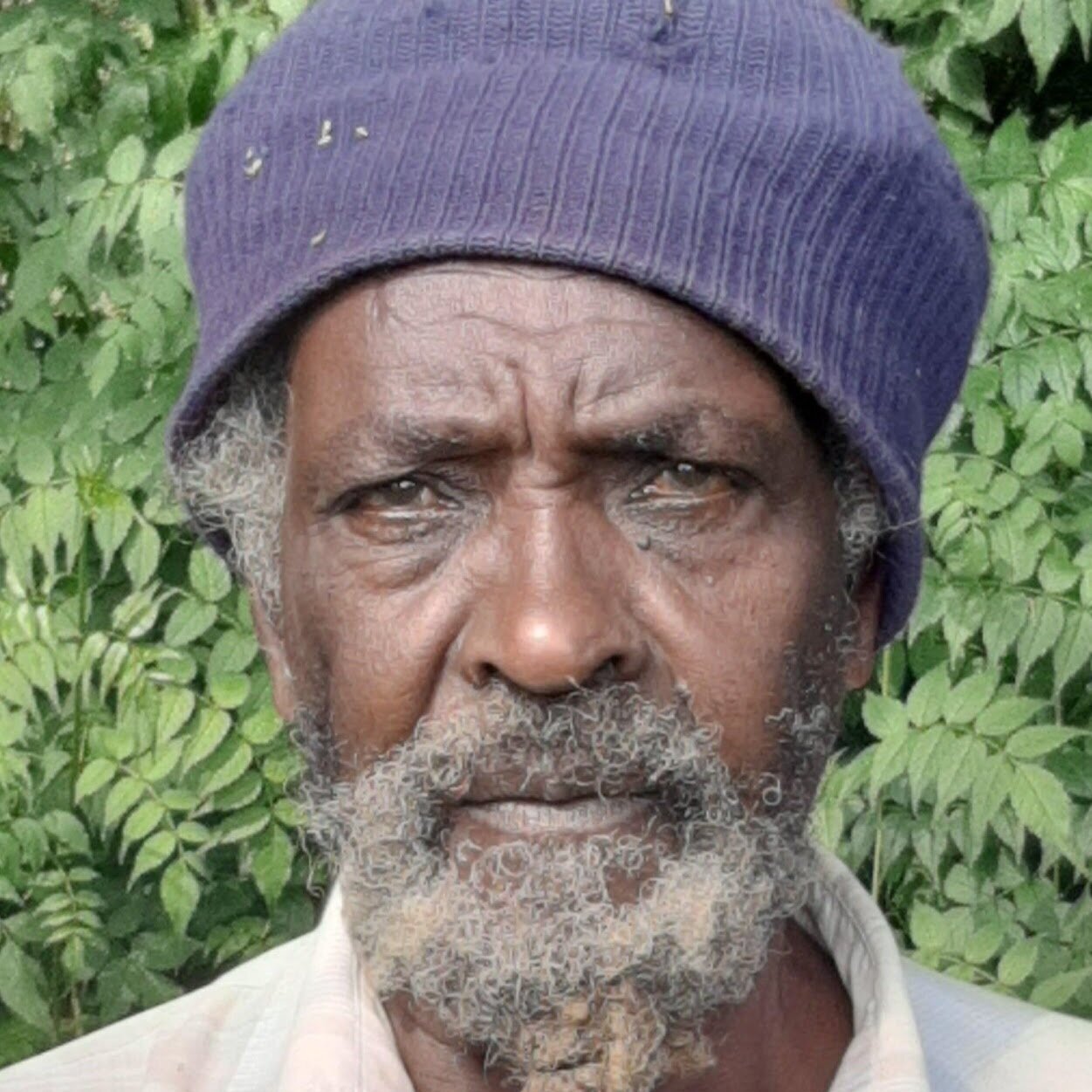Artist: Christi Belcourt
SACRED WISDOM,
SACRED EARTH
CENTERING INDIGENOUS KNOWLEDGE FOR FUTURE GENERATIONS
What is emerging for us?
The Loka Initiative is excited to announce that we are currently producing a documentary that focuses on Indigenous cultural and ecological resilience among the Indian tribes of Wisconsin. This concept emerged from the 2021 Sacred Wisdom Sacred Earth convening and we are grateful for the guidance and advice from all of the speakers and advisors in helping us develop the concept for this project.
Click here for Documentary Website!
Sacred Wisdom Convening 2021
In 2021, the Loka Initiative and the International Mayan League, in coordination with diverse organizations and leaders, celebrated International Day of the World’s Indigenous Peoples by hosting an online convening. The convening brought together and centered Indigenous speakers and moderators from a variety of traditions, regions and backgrounds to share Indigenous ecological and spiritual knowledge as means of sustenance for all Indigenous pdigenous peoples and all humanity. The event was free and open to the general public and the recordings of four sessions can be found on the Resources page.
[Sangre Indigena Art]
The convening covered five means of sustenance: Water, Food, Medicine, Sovereignty and Spirit. In these sessions, we explored environmental and community threats and solutions that traditionally receive minimal mainstream media attention but are powerful examples of Indigenous leadership, adaptation and community resilience. The three-day convening consisted of five panels; Water and Food on the first day, followed by Medicine and Sovereignty on the second day and Spirit on the morning of the third day. Each moderated panel held an Indigenous elder, a knowledge holder (modern or traditional) and a youth leader, and was followed by a “listening room” session so that participants were part of a more intimate community of practice and kinship with one another.
All sessions (other than the Spirit Panel) are available in Loka’s youtube channel. You can click the link to watch them: Videos.
Overview
Vision
To create pathways for Indigenous peoples of all generations and backgrounds so they can come home -- in spirit, in community and as part of the Earth. To create a convening that centers Indigenous knowledge and wisdom, designed and led by Indigenous leaders and features Indigenous Elders, knowledge holders, academics, scientists, activists and youth leaders. To weave relationships where the world presents divides: geography, race, gender, academic fields and pedagogies and hierarchies. To envision and create the future that we seek for Indigenous peoples, all humanity and Mother Earth.
Purpose
Gathering Indigenous peoples and communities and holding teachings from Indigenous Elders, healers, modern and traditional knowledge holders and experts, activists, scholars and scientists for future generations so that we can understand how the Earth sustains us and transform our relationship of being with the Earth and with each other.
Building Partnership
The Loka Initiative (Loka), the International Mayan League (Mayan League), partnering Indigenous-led organizations and leaders are celebrating World Indigenous Day by hosting an online convening from August 9th to 11th, that brings together Indigenous speakers and moderators from a variety of traditions, regions and backgrounds to share Indigenous ecological and spiritual knowledge as means of sustenance for all Indigenous peoples around the world.
This convening was organized by and advised by a number of individuals: Gary Besaw, Aaron Bird Bear, Juanita Cabrera Lopez, Dekila Chungyalpa, Mariaelena Huambachano, Janice Rice, Tawni Tidwell, Sammy Weru and Kyle Whyte. Organizational partners include Center for Healthy Minds, Khoryug, the Loka Initiative, the International Mayan League, REKA and the University of Wisconsin-Madison. Indigenous artists who kindly contributed their work to this collective include: Christi Belcourt, Thundervoice Eagle, Losang Gyatso, Sangre Indigena, Tenzin Tsering and Jennifer Younger.
Offering Gratitude
We were able to offer free registration for this convening to over a thousand participants due to the financial support of the Brittingham Trust, Kalliopeia Foundation and Robert H. N. Ho Family Foundation, and would like to thank them and other supporters for their invaluable generosity.
[Artist credit]
Partners
Panel Descriptions & Schedule
August 9 - August 10 | 2021
[Artist credit]
-
As Indigenous peoples, we recognize the sacredness of water and of how water sustains all life on earth. Indigenous cultures share a holistic understanding that goes back thousands of years on how our subsistence is impossible without water and how our human and non-human relatives all depend upon water for drinking, for nourishing and for cleansing. Water is our first medicine. Without water, there is no life. For that reason, we often refer to water as the blood of Mother Earth. We must come together to protect our access and authority over water sources, to advocate for our water rights and the right to protect water source areas from pollution and droughts, to act on our concerns about the earth’s warming and rising oceans.
This session will focus on how healthy water systems are a necessity for our communities, the threats our water systems face including agriculture, climate change and mining, and how we can best protect water for all life on earth. Speakers include Nikki Cooley from the Institute for Tribal Environmental Professionals (ITEP) and the session will be moderated by Aaron Bird Bear, UW-Madison’s Director of Tribal Relations.
-
Food encompasses all facets of being for Indigenous peoples: the physical, the emotional, the spiritual and the community and understanding Indigenous food systems requires understanding our unbreakable relationship to place and environment. We cannot protect and revitalize Indigenous food systems without delving into Indigenous values, worldviews and perspectives because our relationship with food is sacred and embodies kinship with our human and non-human relatives. For that reason, food is more than agriculture or hunting for Indigenous peoples. Food is cultural, ceremonial, political and environmental sustenance and Indigenous food sovereignty is a necessity for Indigenous peoples everywhere and impossible to achieve without an intact connection to land, to environment, and to community.
This session will focus on how the revival of Indigenous food systems is crucial for the health and integrity of Indigenous cultures and how Indigenous food sovereignty provides a restorative framework for environmental and Indigenous wellbeing. Speakers include Elder, Mate Heitia, Executive Director of Rapua E te iwi nga Kai o nga Atua (REKA), and will be moderated by Mariaelena Huambachano of Syracuse University – American and Indigenous Studies.
-
Indigenous medicine refers to the culmination of healing knowledge and practices that have come to us over thousands of years and is still actively practiced by Indigenous peoples and communities around the world today. Indigenous medicine is place-based and evidence-based, with knowledge that has been developed from multiple generations of studying and applying medicinal herbs and minerals, wellbeing remedies and spiritual practices that are specific to the local context and the particular relationships to those lands and territories. However, all these traditions share a holistic worldview that the earth is the source of our life; that our positive relationship with the environment and cosmos is inherently part of human health. This health is because of the balance among the body, mind and spirit, and the balance between humans, non-human species, and the Earth herself.
This session will present traditional and modern knowledge around Indigenous health systems, including addressing health disparities between Indigenous and non-Indigenous peoples. Speakers include Menpa Phuntsog Wangmo from the Shang Shung School of Tibetan Medicine, Maria Montejo (Jakaltec Popti), Dr. Jessican Hernandez (Zapotec Chorti), and will be moderated by Sammy Weru, East Africa conservation specialist.
-
“Sovereignty” is inherent to Indigenous peoples and nations and are systems and practices that are thousands of years old. It arises from Indigenous peoples' distinct cultures, societies, cosmovision and connections to their lands, and territories. Sovereignty means different things to Indigenous peoples around the world because of the multiplicity of Indigenous Nations. However, the core qualities of sovereignty are rooted in autonomy, self-determination, nation to nation relationships, cultures and languages, ceremonies and lifeways. Sovereignty of Indigenous peoples and communities has been attacked and oppressed due to European colonialism and the imposition of settler colonial borders and European-created systems of governance, agriculture, economies, religion and technology. Indigenous peoples have endured theft of their lands and territories, forced displacement, and at the most extreme, genocide of their peoples. However, Indigenous peoples have always found ways to survive, resist and protect their relationships to food, water, land, languages, plants and animals, spiritual practices and culture.
This session will focus on three components of sovereignty; land, law and peoples and how this is implemented around the world, whether as an inherent right of Indigenous Nations and as part of developments in International Human Rights Law such as the United Nations Declaration on the Rights of Indigenous Peoples. Speakers include Tim Coulter from the Indian Law Resource Center, Kyle Powys Whyte from University of Michigan and will be moderated by Juanita Cabrera Lopez, Executive Director of the International Mayan League.
Sangre Indigena Art
Tenzin Tsering (Tenzoni)
Christi Belcourt
Losang Gyatso
Listening Rooms
[Artist credit]
-
Many Indigenous peoples value deep listening; a practice that requires inner quiet and stillness and is based on respect and reciprocity. Here is a short description from Judy Atkinson, a Bundajung expert in intergenerational healing and recovery from trauma among Aboriginal and Torres Strait Islander people:
The Indigenous concept of Deep Listening describes a way of learning, working, and togetherness that is informed by the concepts of community and reciprocity. Leadership underpinned by Deep Listening involves listening respectfully, which can help build community. It draws on every sense and every part of our being. Deep Listening in community leadership involves taking the time to develop relationships and to listen respectfully and responsibly. It also means listening to and observing oneself (Atkinson 2001).
Following each panel, we invite participants to stay and participate in a listening room. Our vision for the listening rooms is for participants to build community with one another during the convening, and to emerge with relationships and connections that move us into a collaborative community in the future. In the spirit of reciprocity, we invite you to listen to one another with compassion and respect.
-
The listening room sessions will not be recorded or moderated by the convening organizers. We ask that you begin by spending a few minutes in contemplation, looking at or listening to what surrounds you, generating gratitude for how nature sustains you, and rooting in connection with Mother Earth. Some rooms may have a speaker, moderator, or organizer from the previous session. However, we have deliberately designed this session so that the relationship between designated experts and audience members is fluid and can be reversed. Please center Indigenous voices in your rooms and make space for others to be heard.
We suggest that each listening room “voluntelect” one person who can moderate the session with an eye towards time-keeping and representation. We suggest the following question as a way of initiating your conversation: what emerges for you from the preceding panel that can serve as guiding principles in your life and work?
-
We were inspired by the Australian Aboriginal concept of Dadirri, sometimes described as the intentional spiritual act of deep listening to be in communion with all of life. Here is a short video of Dr. Miriam-Rose Ungenmerr, renowned Aboriginal Artist and Educator speaking on what Dadirri means and how the act of deep listening transforms us and our relationship with the earth.
Speakers & Moderators
Gary Besaw
Khenpo (Abbot) Chheke Gurung
Jessica Hernandez
Mariaelena Huambachano
Kelsey Leonard
Maria Montejo
Dr. Gabrielle Tayac
Tawni Tidwell
Nana Maria Teresa
Dr. Phuntsog Wangmo
Aaron Bird Bear
Nicolette Cooley
Robert T. Coulter
Laura George
Mate Heitia
Bwaananaabekwe Mary Moose
Gîtonga wa Mûciri
Sam Weru
Mike Wiggins, Jr.
Kyle Powys Whyte
Pedro Rivera Zea
Organizers
Dekila Chungyalpa
Juanita Cabrera Lopez









































